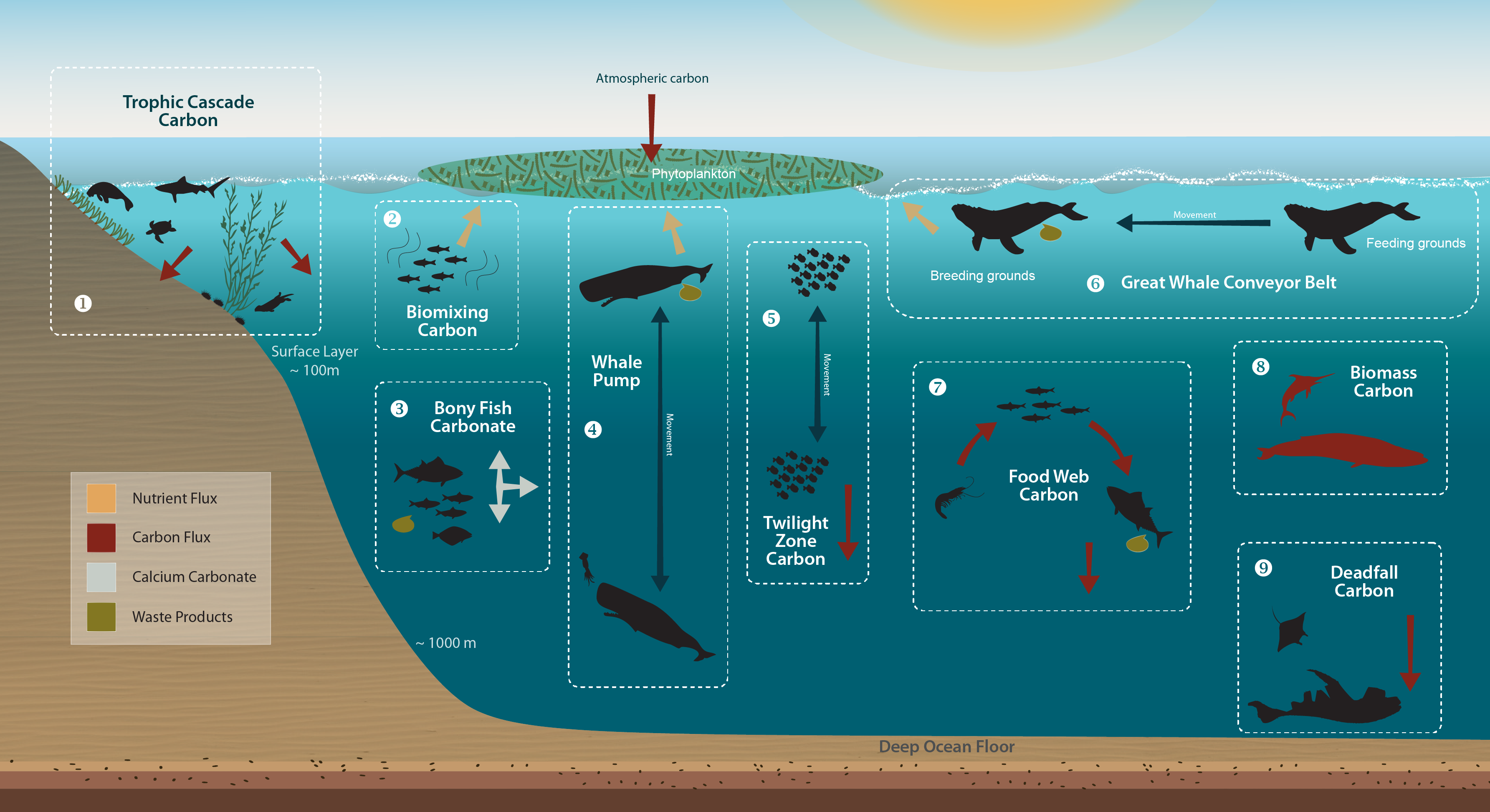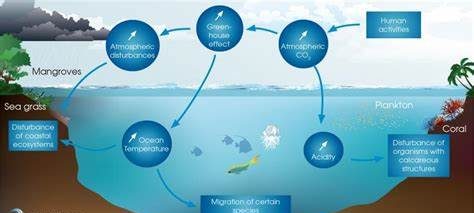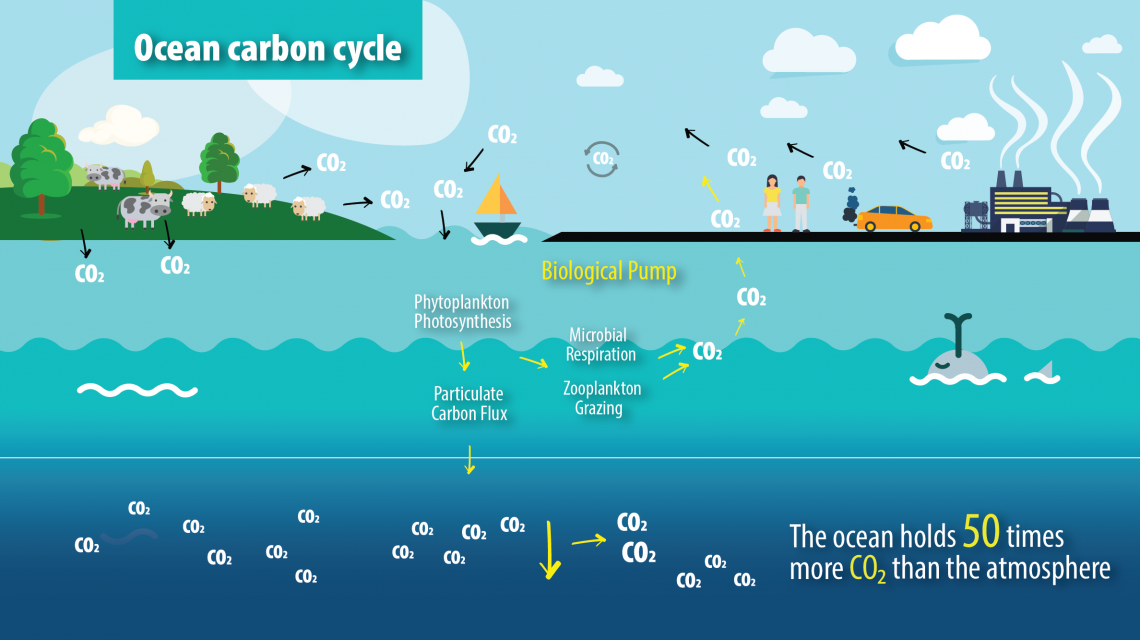
Introduction
Sustainability at sea is a pressing issue that needs to be addressed in order to mitigate the environmental impact of maritime industries. The use of ocean energy is emerging as a viable solution to tackle the sustainability challenges faced by the maritime sector. This article aims to explore the importance of ocean energy in promoting sustainability at sea and its potential applications in maritime industries.
Historical Background
The development of ocean energy technologies has a rich history that dates back several decades. It initially started with the exploration of tidal energy, which harnesses the power of ocean tides to generate electricity. Over time, other forms of ocean energy such as wave energy and ocean thermal energy conversion (OTEC) have also gained traction in the maritime industries. The adoption of these technologies has evolved significantly, driven by the need for sustainable alternatives to traditional fossil fuel-based methods.
Key Concepts and Definitions
To understand the role of ocean energy in sustainability at sea, it is essential to define key terms and concepts. Ocean energy refers to the harnessing of renewable energy from the ocean, including tidal, wave, and thermal energy. These forms of energy have the potential to provide clean and sustainable power for various maritime industries. Different types of ocean energy technologies, such as tidal turbines, wave energy converters, and OTEC systems, offer unique applications and benefits in the maritime sector.

Main Discussion Points
Point: Overview of Ocean Energy Technologies
Tidal energy is a promising form of ocean energy that utilizes the ebb and flow of tides to generate electricity. While tidal energy projects face challenges such as high installation costs and environmental impacts on marine ecosystems, they offer a reliable and predictable source of renewable energy. Wave energy harnesses the power of ocean waves to generate electricity and has the potential to supplement the energy needs of maritime industries. Additionally, OTEC systems utilize the temperature difference between warm surface water and cold deep water to produce electricity, providing a continuous and sustainable source of power.
Point: Benefits of Ocean Energy in Maritime Industries
Using ocean energy in maritime industries offers several environmental advantages compared to traditional fossil fuel-based methods. It helps reduce greenhouse gas emissions, dependence on finite resources, and the risk of oil spills. Additionally, integrating ocean energy systems in maritime industries can lead to economic benefits and cost-effectiveness in the long run. These systems can provide a stable and renewable source of power, reducing the reliance on expensive fuel imports. Moreover, they contribute to energy independence and help reduce carbon emissions, aligning with global sustainability goals.
Point: Challenges and Considerations in Implementing Ocean Energy Solutions
Despite their potential benefits, the implementation of ocean energy solutions in maritime industries faces various challenges. Technical limitations, such as the harsh marine environment and the need for efficient and reliable equipment, pose obstacles to widespread adoption. Additionally, regulatory and policy frameworks need to be established to promote the deployment of ocean energy projects. Adequate environmental impact assessments and mitigation measures are necessary to address any potential ecological impacts associated with these projects.

Case Studies or Examples
Several successful ocean energy projects have been implemented in maritime industries worldwide. One notable example is the MeyGen tidal energy project in Scotland, which has demonstrated the commercial viability of tidal energy generation on a large scale. The project has provided valuable insights into the design, deployment, and operation of tidal turbines. Lessons learned from such case studies can guide future ocean energy projects and help optimize their performance.
Current Trends or Developments
Recent advancements in ocean energy technologies have focused on improving efficiency and reducing costs. Innovations in wave energy converters and tidal turbines have led to more reliable and cost-effective systems. Additionally, ongoing research efforts are exploring the potential of emerging technologies, such as floating offshore wind turbines and hybrid ocean energy systems, to further enhance the role of ocean energy in sustainability at sea.
Challenges or Controversies
The integration of ocean energy into maritime industries is not without controversies and differing viewpoints. Some argue that the environmental impacts of ocean energy projects, such as changes to marine ecosystems and potential disturbance to marine life, need to be carefully assessed and mitigated. Additionally, scaling up ocean energy projects and ensuring their long-term viability pose challenges in terms of securing financing, grid integration, and public acceptance.

Future Outlook
The future implications of ocean energy in maritime industries are promising. As the world shifts towards a more sustainable and renewable energy future, ocean energy has the potential for significant growth. Continued advancements in technology, coupled with supportive regulatory frameworks and increasing public awareness, will further enhance the role of ocean energy in addressing the sustainability challenges faced by the maritime sector. Emerging trends and technologies, such as underwater energy storage systems and advancements in marine energy materials, will contribute to the continued development and adoption of ocean energy solutions.
Conclusion
In conclusion, sustainability at sea is crucial for the maritime industries, and ocean energy offers a viable solution to address the associated challenges. By harnessing the power of the ocean through tidal, wave, and thermal energy, maritime industries can reduce their environmental impact and achieve energy sustainability. The integration of ocean energy systems presents economic benefits, energy independence, and reduced carbon emissions. However, challenges such as technical limitations, regulatory frameworks, and potential environmental impacts need to be carefully considered and addressed. The future outlook for ocean energy in maritime industries is promising, with continued advancements and emerging trends set to further enhance its role in sustainability at sea.
References
Smith, H., & Rowlands, A. (2020). Ocean Energy Systems. Springer.
Uihlein, A., & Magagna, D. (2016). Ocean Energy: Global Technology Development Status. Springer.
Gao, Z., et al. (2021). Ocean Energy: Sustainable Power for the Future. Wiley.




